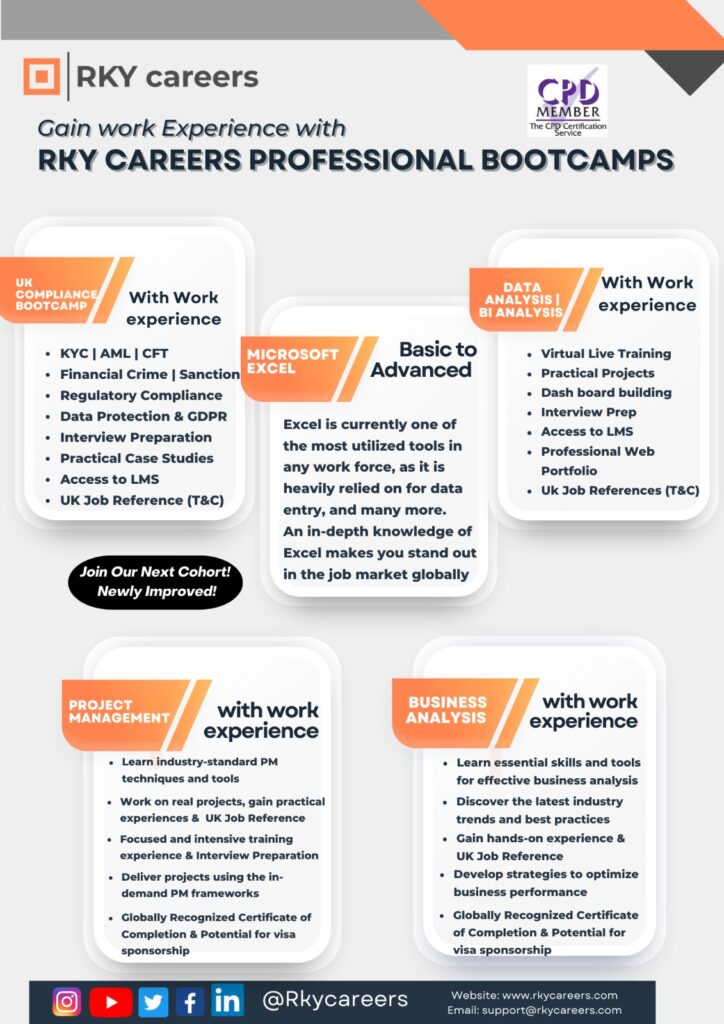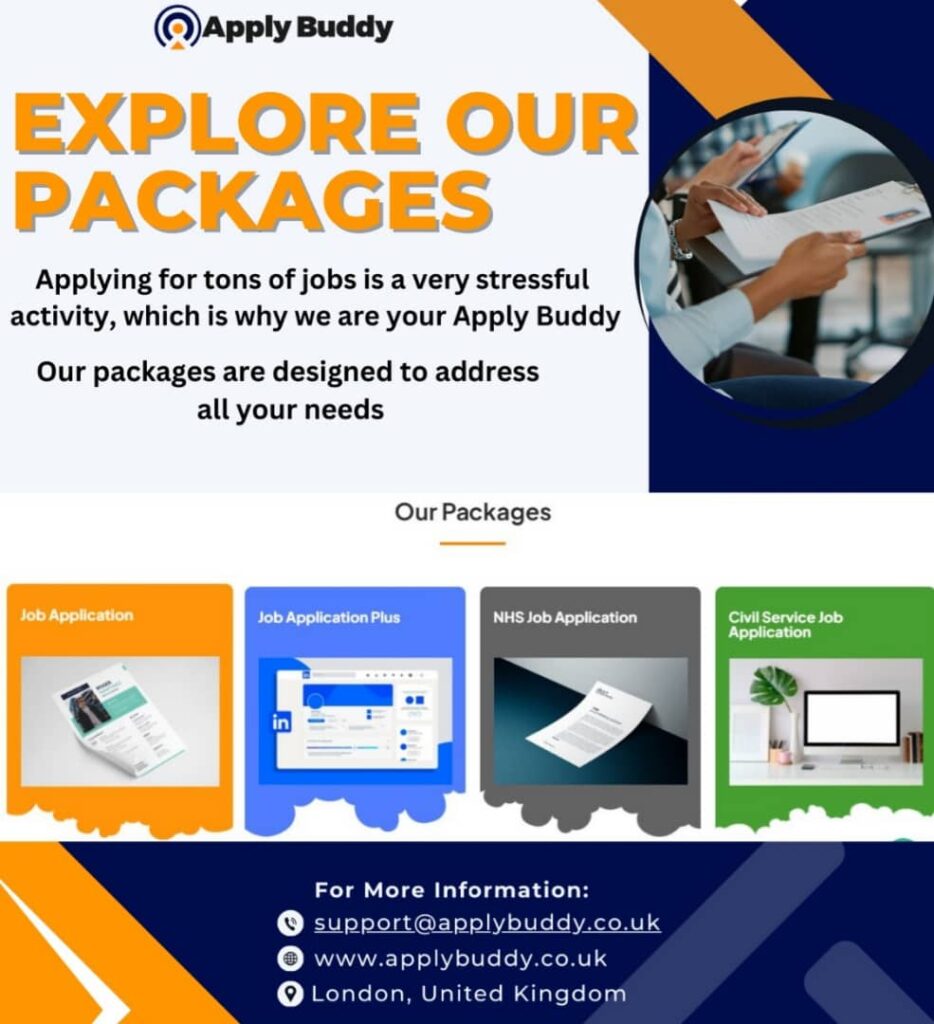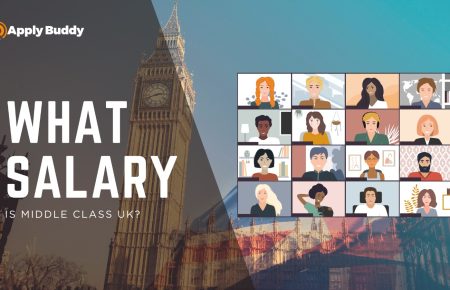Choosing the right career can feel like a thrilling adventure – but with so many options, it’s easy to feel overwhelmed. “How can I decide what career is right for me?” is a question many people face. What if your job could actually excite you, align with your passions, and tap into your strengths?
Imagine waking up daily knowing you’re on the right path, doing work that fuels your purpose. Whether you’re just starting out or considering a career change, the journey to finding your dream job doesn’t have to be a guessing game. Let’s dive into the tools and insights that will help you discover the career that’s perfect for YOU!
In this guide, we’ll explore practical steps to understand your skills, research career options, and set goals to help you make an informed decision. Ready to dive in?
Understanding Your Strengths and Interests
One way to answer the question “How can I decide what career is right for me?” is to understand your strengths and interests, which is crucial when deciding on the right career. You may wonder how to use this technique to guide your career choice. Simple. You can align your career with skill and joy by identifying what you’re naturally good at and passionate about.
For example, if you enjoy solving problems and have strong analytical skills, a data analysis or engineering career might be a good fit. But stay with me because it’s not just about skills. Understanding your interests plays a significant role in finding a career that excites you.
How to Discover Your Strengths for Career Success
Your strengths are the foundation of a successful career. Self-evaluation and personality tests are great starting points for discovering these. Tools like the Myers-Briggs Type Indicator (MBTI) or StrengthsFinder help you identify key attributes that could be crucial in determining your career path.
For example, if you score high on creativity and innovation, you might thrive in marketing or design. Conversely, project management or finance roles could be ideal if you’re highly detail-oriented.
Exploring Your Interests and Passions
Passion plays a vital role in long-term career fulfilment.
So, what are your career interests?
They’re the hobbies, activities, and subjects you enjoy engaging with. These interests can guide you toward a career that doesn’t just pay the bills but also keeps you energised.
For example, if you love working with people, a human resources or education career may align with your natural inclination. On the other hand, if you’re drawn to technology, exploring roles in software development or IT might be the best route.
How can you use this technique?
Start by listing your top hobbies or activities. Then, look for careers that match those passions.
Aligning Your Values with Career Options
But here’s the kicker: skills and interests aren’t everything. Aligning your values with your career is equally important. Ask yourself, what matters to you in a job? Is it work-life balance, creativity, or positively impacting society?
For example, if work-life balance is crucial, you might want to avoid high-pressure roles like investment banking and opt for flexible careers, such as freelance writing or consulting. If helping others drives you, healthcare or social work careers might be perfect.
Researching Different Career Paths
Now that you’ve better grasped your strengths, interests, and values, it’s time to research various career paths. This step helps you explore options and understand what industries and roles require.
But why do this?
Because the more informed you are, the better decisions you can make about which direction to go.
Exploring High-Demand Careers in 2024
Want to know the best part?
As we move into 2025, specific careers are in high demand, offering promising opportunities and growth. Fields like data science, healthcare, and sustainable energy are booming. According to industry reports, jobs in artificial intelligence (AI), cybersecurity, and renewable energy are expected to be in high demand for years.
For example, data analysts and machine learning engineers are highly sought after due to the explosion of big data. These careers could offer long-term security and growth if your strengths align with tech or problem-solving.
Utilising Informational Interviews

The informational interview is one of the most potent yet underrated tools for career exploration. This involves reaching out to professionals in industries you’re interested in and asking them about their experiences.
How can you use this technique?
Schedule brief chats with people in your network or on platforms like LinkedIn to gain insights into the daily realities of their jobs, the challenges they face, and the skills they value most.
For example, speaking with a marketing manager or software developer can give you a firsthand look at what it takes to succeed in those fields. These conversations will help clarify whether a particular career path is right for you.
Comparing Industry Requirements and Qualifications
But what are industry requirements, exactly?
Every field has different qualifications, skills, and experiences needed to succeed. Some careers may require years of formal education and certifications, while others prioritise hands-on experience.
For example, becoming a nurse requires obtaining a nursing degree and passing licensing exams, while a graphic designer may only need a solid portfolio and some technical training.
By comparing qualifications across industries, you can gauge which career paths are realistic based on your current skills and the effort required to meet industry standards.
Here’s how you can do the same thing:
Research job descriptions, required certifications, and typical career paths to identify the qualifications necessary for each field.
Setting Short- and Long-Term Career Goals
Now that you’ve explored different career paths, it’s time to set short- and long-term career goals. Why is this crucial? Because having clear objectives helps you stay on track, measure progress, and adapt when necessary. Whether gaining a new skill or landing your dream job, goal-setting ensures that your career path aligns with your strengths and interests.
Defining Short-Term Goals for Skill Building
Your short-term goals should focus on building the necessary skills and experiences to excel in your chosen field. For example, mastering programming languages or data analysis tools can set you up for success if you want to enter the tech industry.
Here’s an example: let’s say you want to become a project manager. A short-term goal could involve certification in project management tools like Microsoft Project or Trello. By identifying the skills you need, you can make targeted efforts to achieve them.

The bottom line?
Short-term goals keep you focused and help you gain momentum toward your bigger career aspirations.
Creating a Long-Term Vision for Your Career Path
While short-term goals help you start, your long-term vision directs your career journey. This is where you plan to see yourself in five, ten, or even twenty years. Want to know the best part? Creating a roadmap of long-term goals helps you stay motivated and focused on the big picture and answer teh question How can I decide what career is right for me.
For example, your long-term vision might include becoming an expert in your field, starting your own business, or moving into a leadership role. How can you use this technique? Break down these big dreams into manageable steps, like acquiring new skills, seeking mentorship, or taking on more responsibilities at work.
Adapting Your Career Goals Over Time
But here’s the kicker: your goals aren’t set in stone. As you grow professionally, you’ll need to stay flexible and adjust your goals based on new opportunities, challenges, or changes in your industry. What’s the big secret I’m talking about? Being adaptable is key to long-term career success, and then answering the question of how I can decide what career is right for me.
For example, you might discover a new passion or skill that shifts your career focus. Or perhaps an emerging industry catches your interest, prompting a change in direction. The bottom line? Adaptability ensures you’re always moving toward a fulfilling and successful career, even when things change.
Testing Career Options Through Internships and Projects
Here’s the deal: nothing beats hands-on experience when choosing a career. Internships, freelance projects, and volunteering are great ways to test different roles before committing.
Why do this?
Because it gives you real-world insights into what a job is like without the long-term commitment.
Internships and Job Shadowing as Career Exploration Tools
Internships and job shadowing provide a unique opportunity to observe professionals in action and gain practical experience. Whether a three-month internship or a week-long shadowing experience, these short-term roles allow you to explore a career firsthand.
For example, shadowing a software engineer or interning with a digital marketing agency can help you assess whether these fields fit your skills and interests. These experiences often lead to networking opportunities that can open doors for future roles.
Volunteering to Gain Experience and Network
You may be wondering how volunteering can help you answer the “How can I decide what career is right for me” question. Here’s how: volunteering allows you to gain experience in fields you’re interested in while expanding your professional network. Whether you’re considering a shift to healthcare, education, or even tech, volunteering can offer valuable hands-on experience and insight.
For example, volunteering with a nonprofit organisation can give you practical experience in project management, event planning, or even social media marketing—all while supporting a cause you care about.
The bottom line?
Volunteering helps you test career options, gain skills, and connect with professionals in your field of interest.
Taking on Freelance or Project-Based Work
Another way to answer “How can I decide what career is right for me?” is through freelance or project-based work. But why freelancing? It allows you to try out various industries without a long-term commitment. Freelancers can explore fields like writing, design, or consulting, all while building a versatile portfolio.
For example, if you’re curious about content creation, you could take on a freelance writing project or start a blog. This hands-on experience will help you assess whether it’s something you want to pursue full-time.
Seeking Professional Guidance for Career Decisions
Sometimes, deciding on the right career requires expert advice. Whether working with a career coach, using online assessment tools, or seeking mentorship, professional guidance can make all the difference. How can you use this technique? It’s simple—reach out to experts who can offer tailored advice based on your goals and strengths.
Working with a Career Counselor or Coach
Career counsellors or coaches provide personalised support to help you navigate your career decisions. They can help you identify your strengths, explore new career paths, and develop actionable plans to achieve your goals.
For example, a career coach might help you map out a transition from one industry to another, offer resume advice, or suggest networking strategies. A career coach can help clarify your direction and provide the necessary success tools.

Using Online Career Assessment Tools
If you’re not ready to work with a career coach, plenty of online career assessment tools can help you get started. These tools assess your personality, strengths, and preferences to suggest suitable career paths.
For example, platforms like CareerExplorer and Myers-Briggs provide detailed reports that help you understand how your traits align with different careers. But why use these tools? They’re quick, accessible, and give you insights that can guide your career decision-making.
Leveraging Mentorship for Career Advice

Finding a mentor in your field of interest can provide invaluable guidance.
Here’s how you can do the same thing:
Reach out to professionals whose careers inspire you. Mentors can offer advice on navigating industry challenges, expanding your network, and achieving long-term goals.
For example, a mentor in the tech industry might guide you through learning the necessary programming languages, attending relevant events, or connecting you with key professionals.
Conclusion
How can I decide what career is right for me kind of question may seem daunting, but you can confidently navigate your journey by understanding your strengths, researching career options, setting goals, and seeking professional guidance. The bottom line? The key to finding the perfect career lies in self-awareness, adaptability, and action.
FAQs
What is the best way to identify a career path that suits me?
Start by assessing your strengths, values, and interests. Research different career options and test them through internships or projects.
How do I know if a certain career is right for my personality?
Take career personality tests and explore roles that align with your traits and preferences.
Can volunteering help me decide on a career path?
Absolutely! Volunteering offers hands-on experience and networking opportunities, making it a great way to explore potential careers.
What should I consider when setting career goals?
Set short- and long-term goals aligning with your skills and interests. Stay flexible and adapt your goals as you gain experience.





